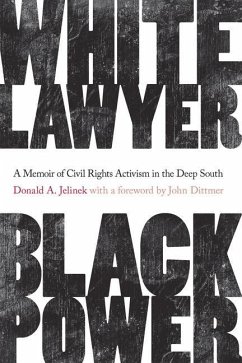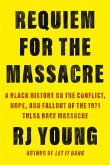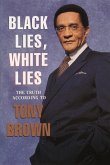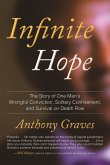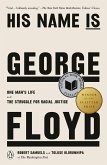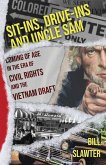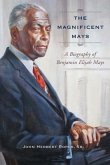"Author Donald Jelinek offers a powerful, first-hand account of his time working as a civil rights attorney in Mississippi and Alabama during a three-year period from 1965-1968. Originally Jelinek, an NYU-trained lawyer in his early 30s, volunteered only to spend a few weeks working pro bono for the ACLU in Mississippi. Instead, he ended up quitting his job with a New York City law firm and staying in the South for several consequential years. Jelinek provides compelling testimony of the work that he and other movement activists did during that time. Perhaps the richest portions of the book come when Jelinek describes his interactions with the local people who formed the core of the Movement in the Deep South. The passages describing conversations with Black sharecroppers and fellow civil rights organizers provide highly readable discussions of the nature of on-the-ground organizing that will be valuable both to scholars of the Movement and interested parties more generally. His account highlights the long, slow, hard work of organizing, work that was built one house at a time, through the cultivation of relationships and trust"--
Hinweis: Dieser Artikel kann nur an eine deutsche Lieferadresse ausgeliefert werden.
Hinweis: Dieser Artikel kann nur an eine deutsche Lieferadresse ausgeliefert werden.

